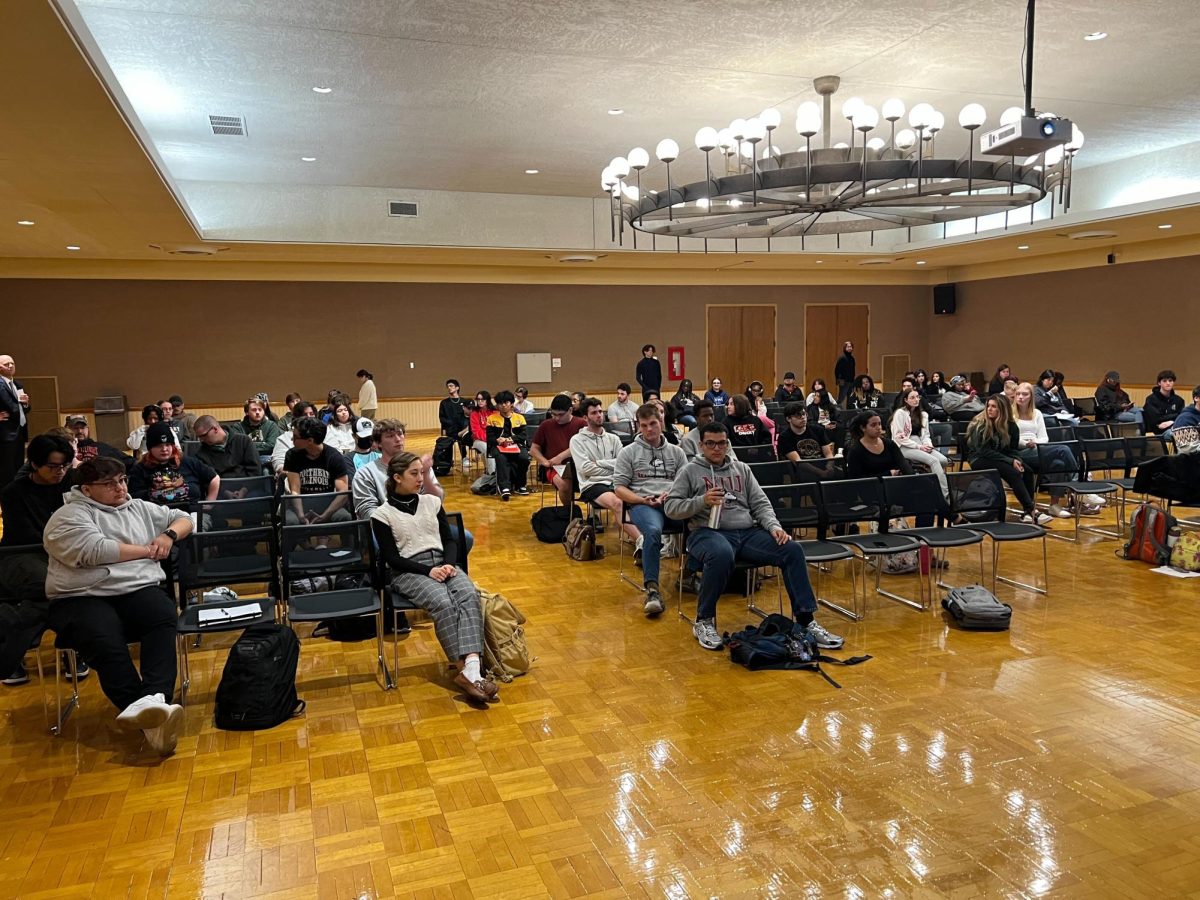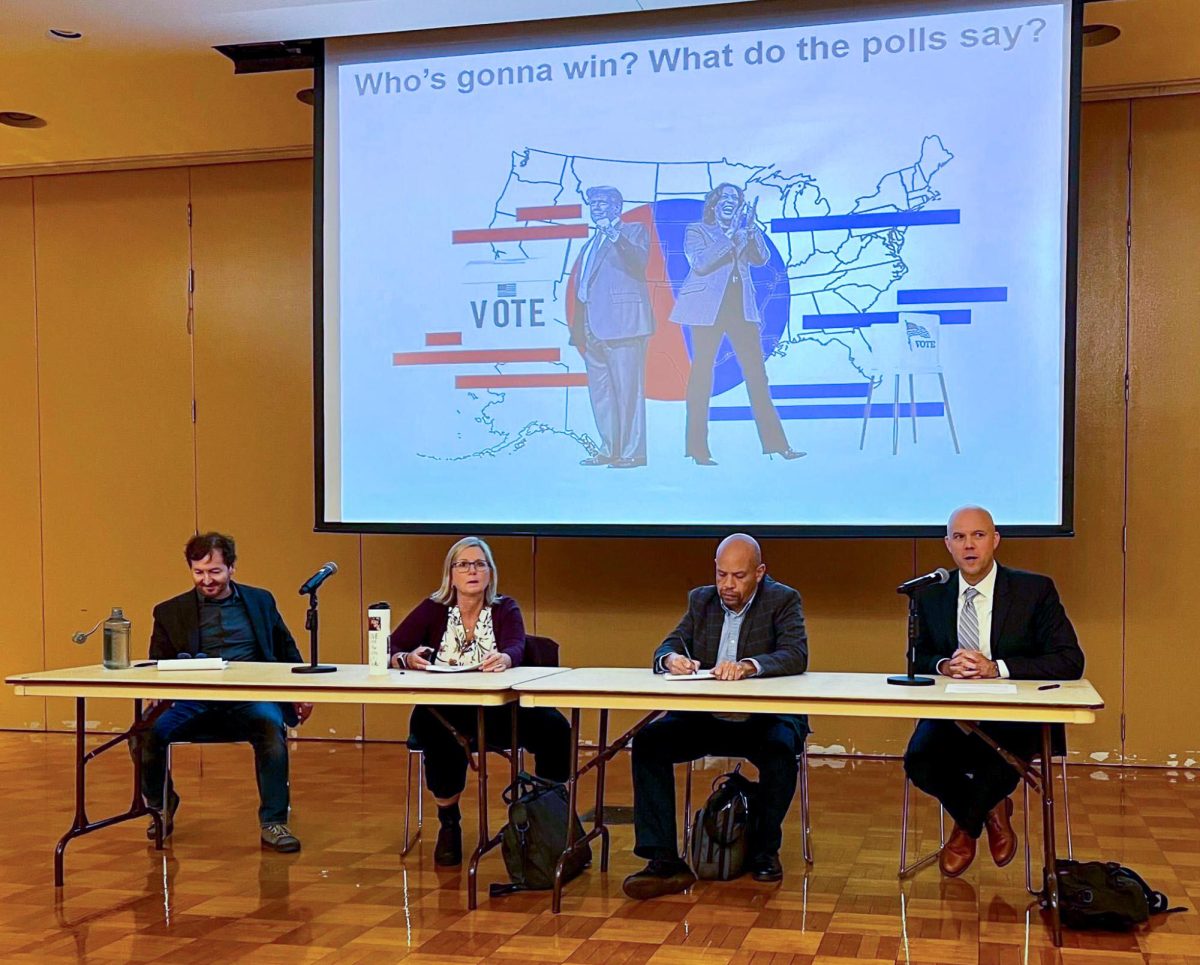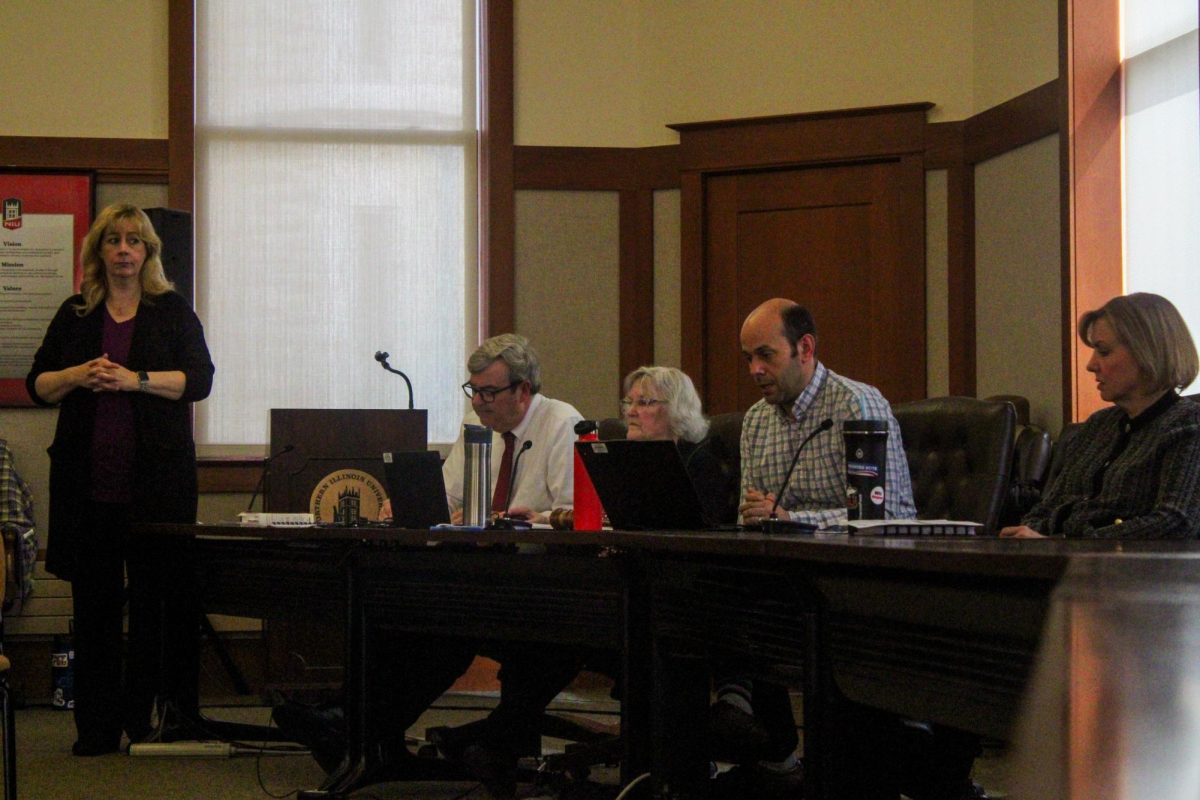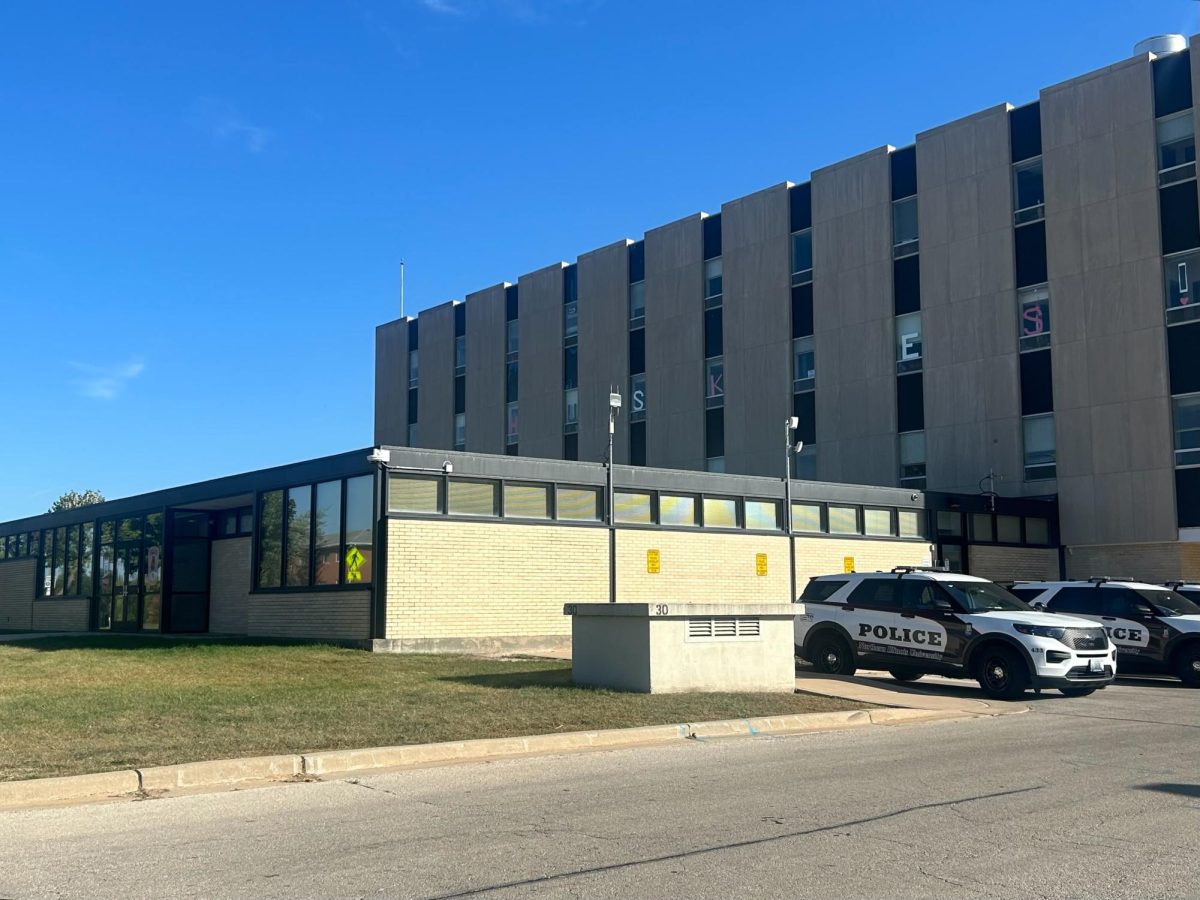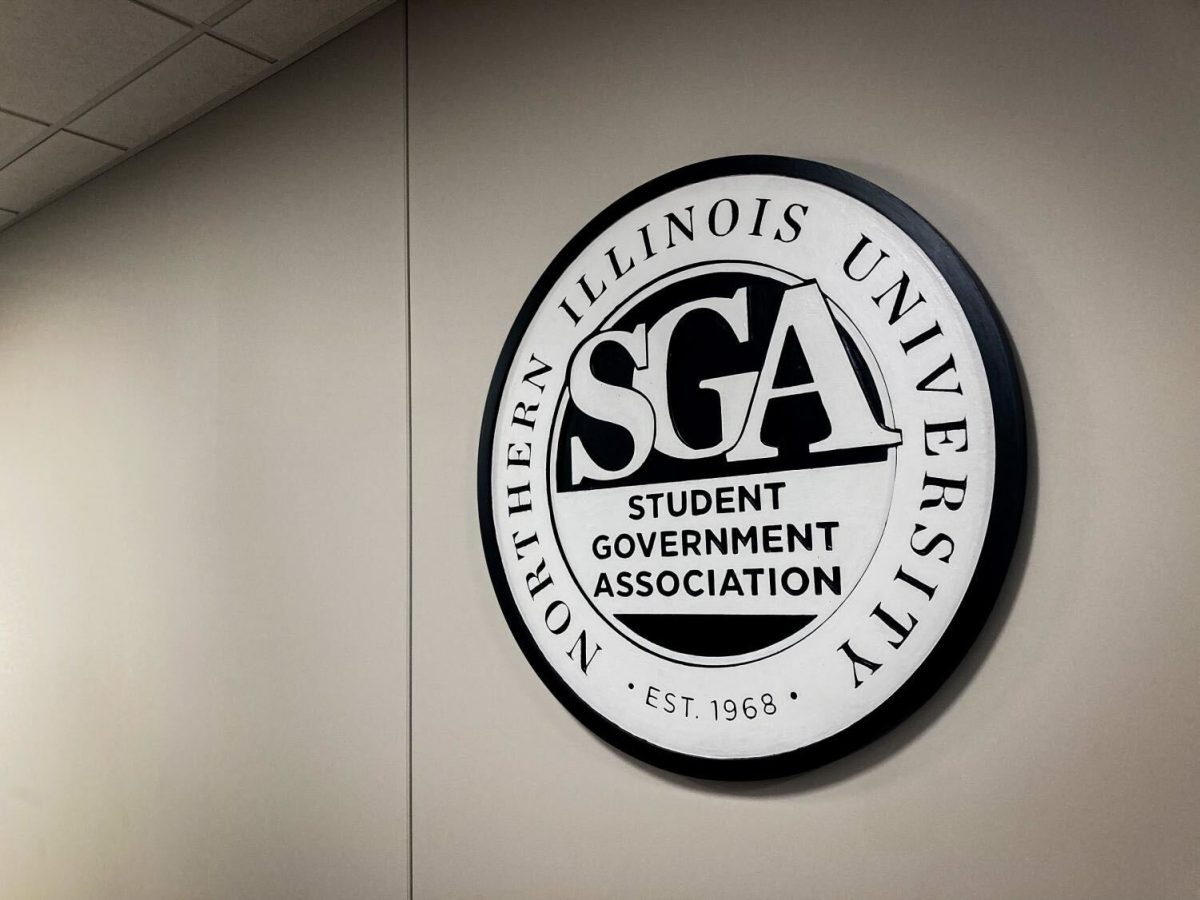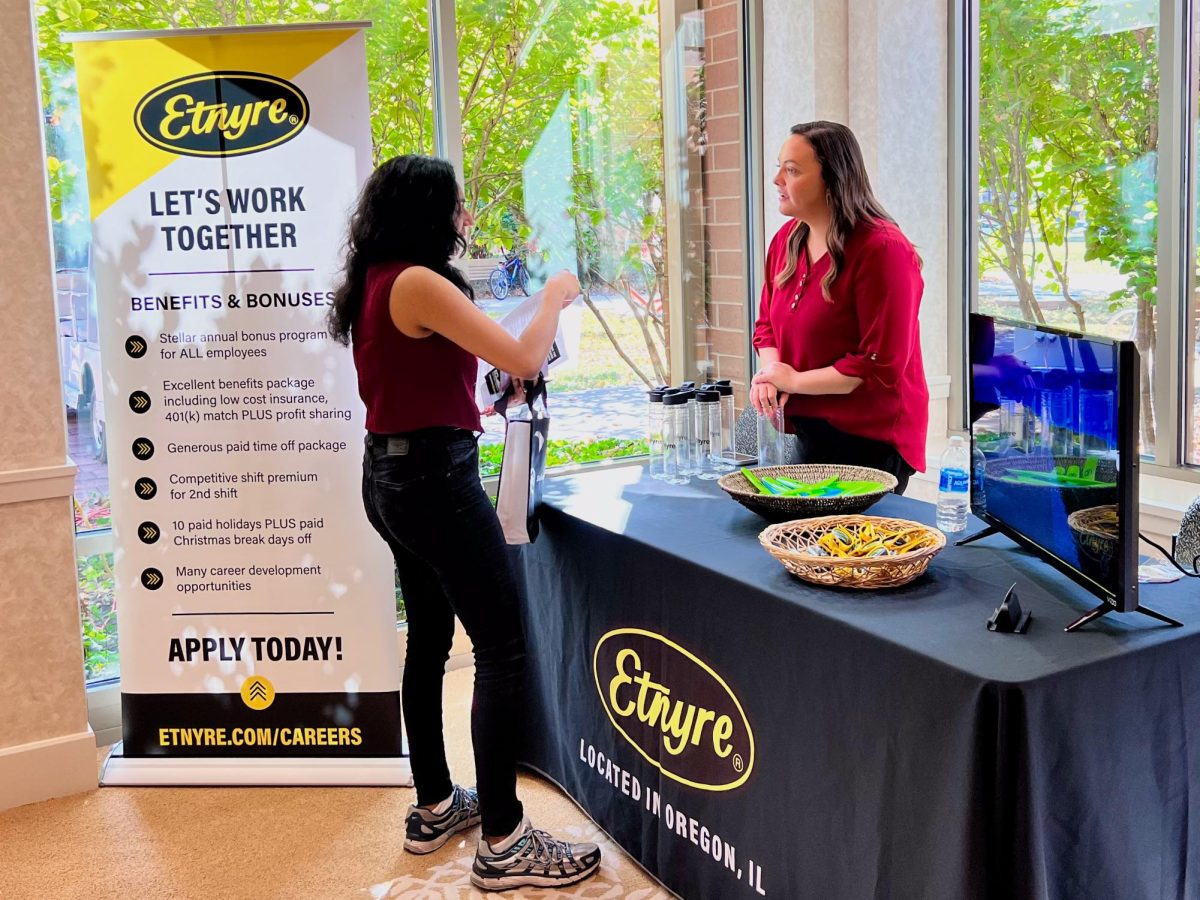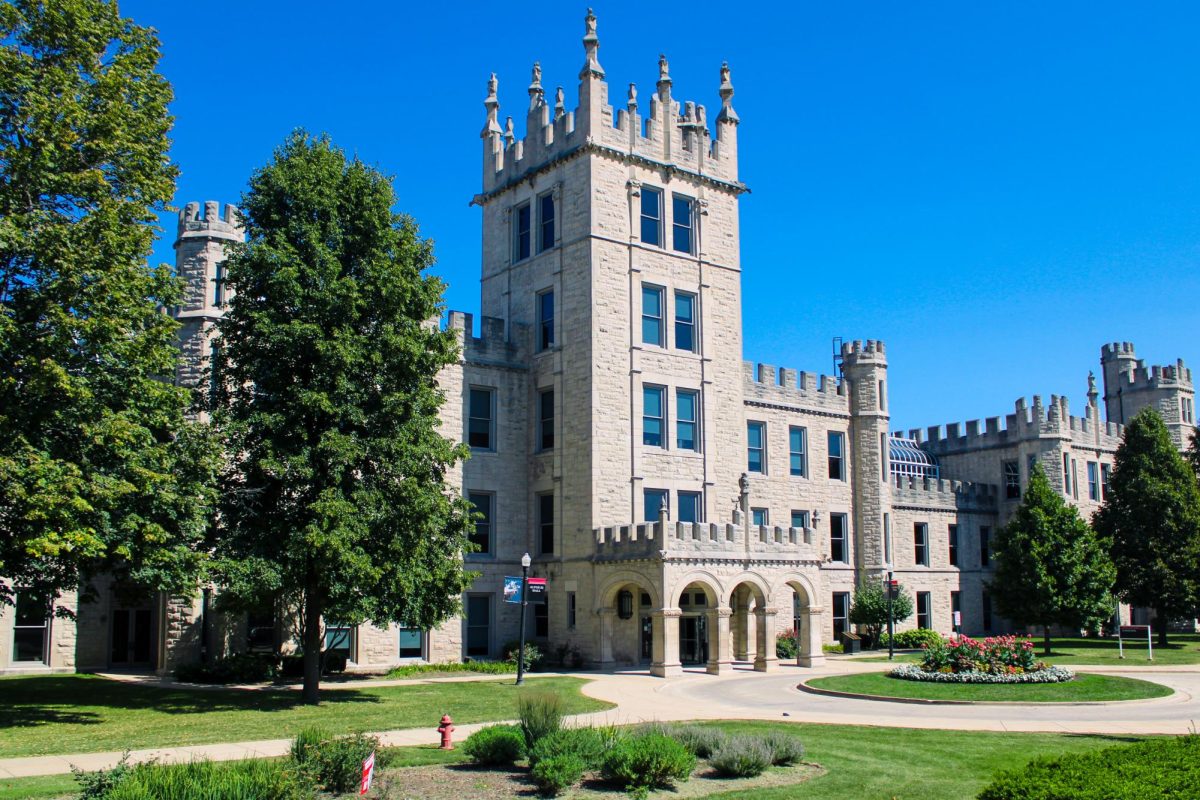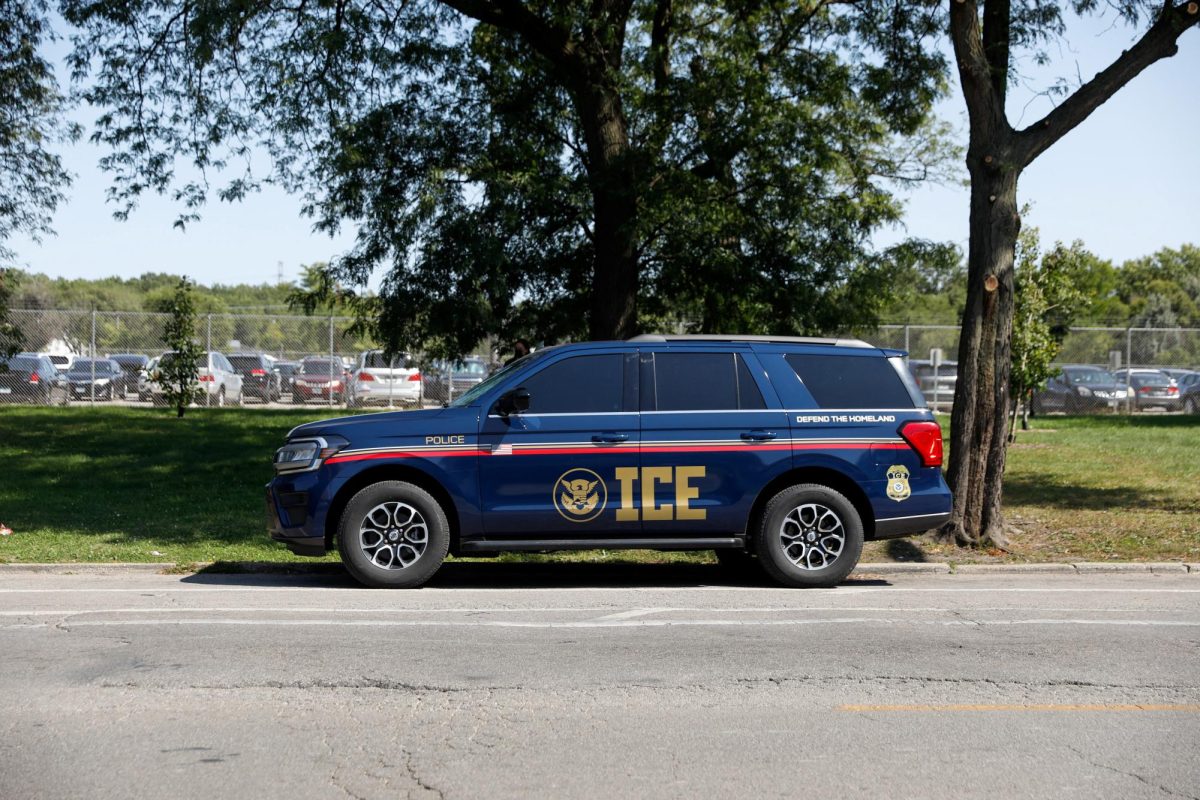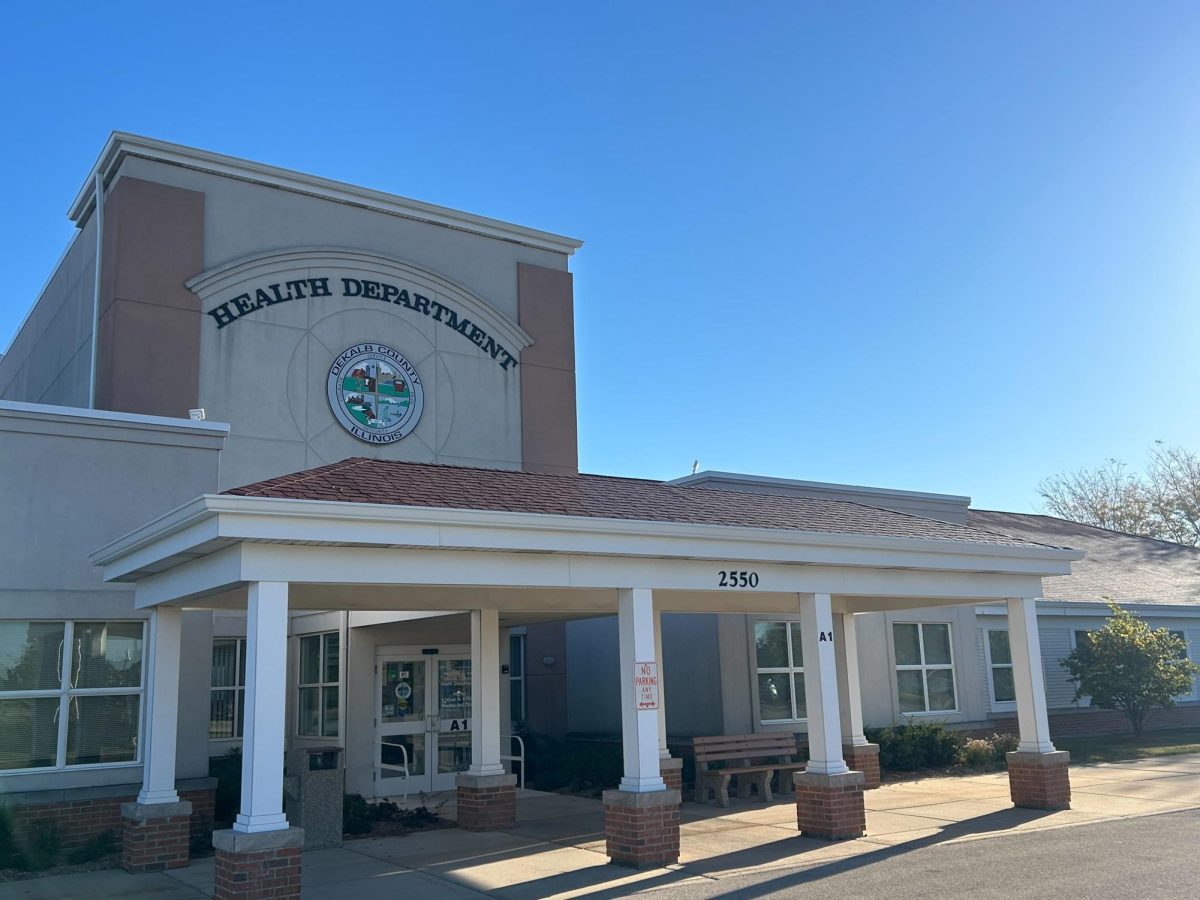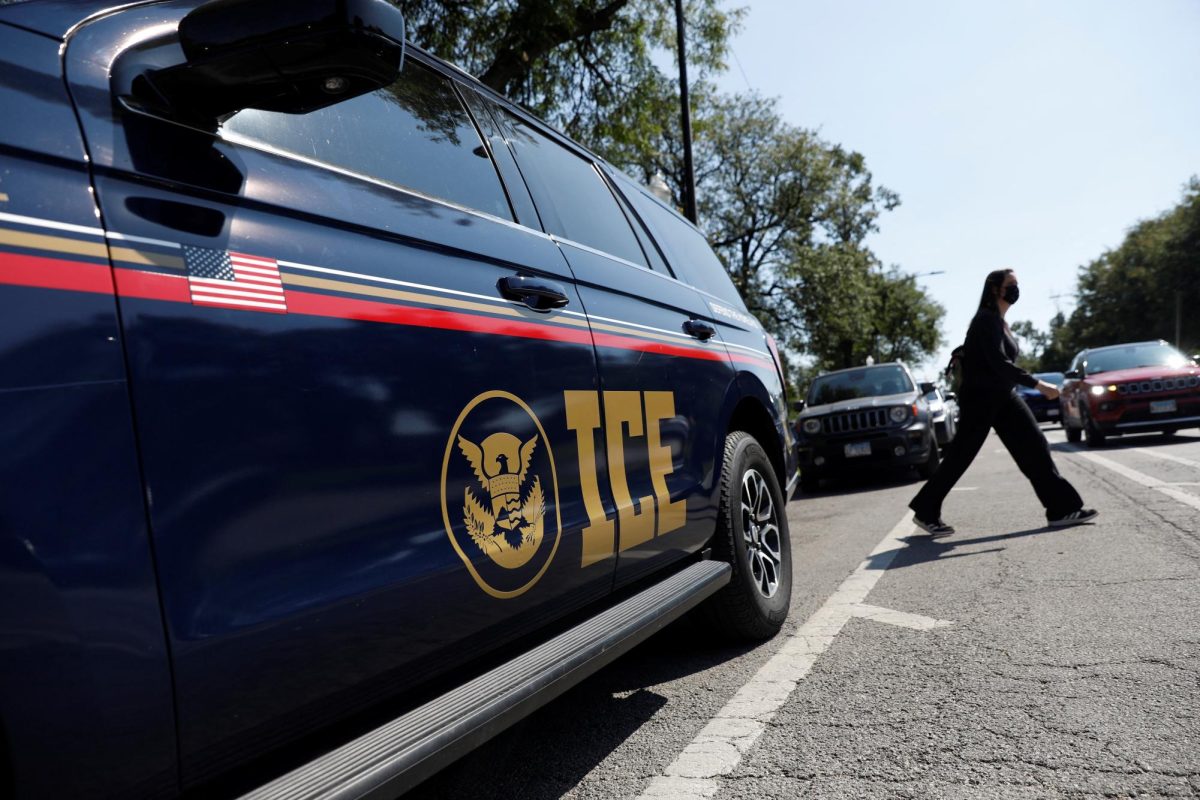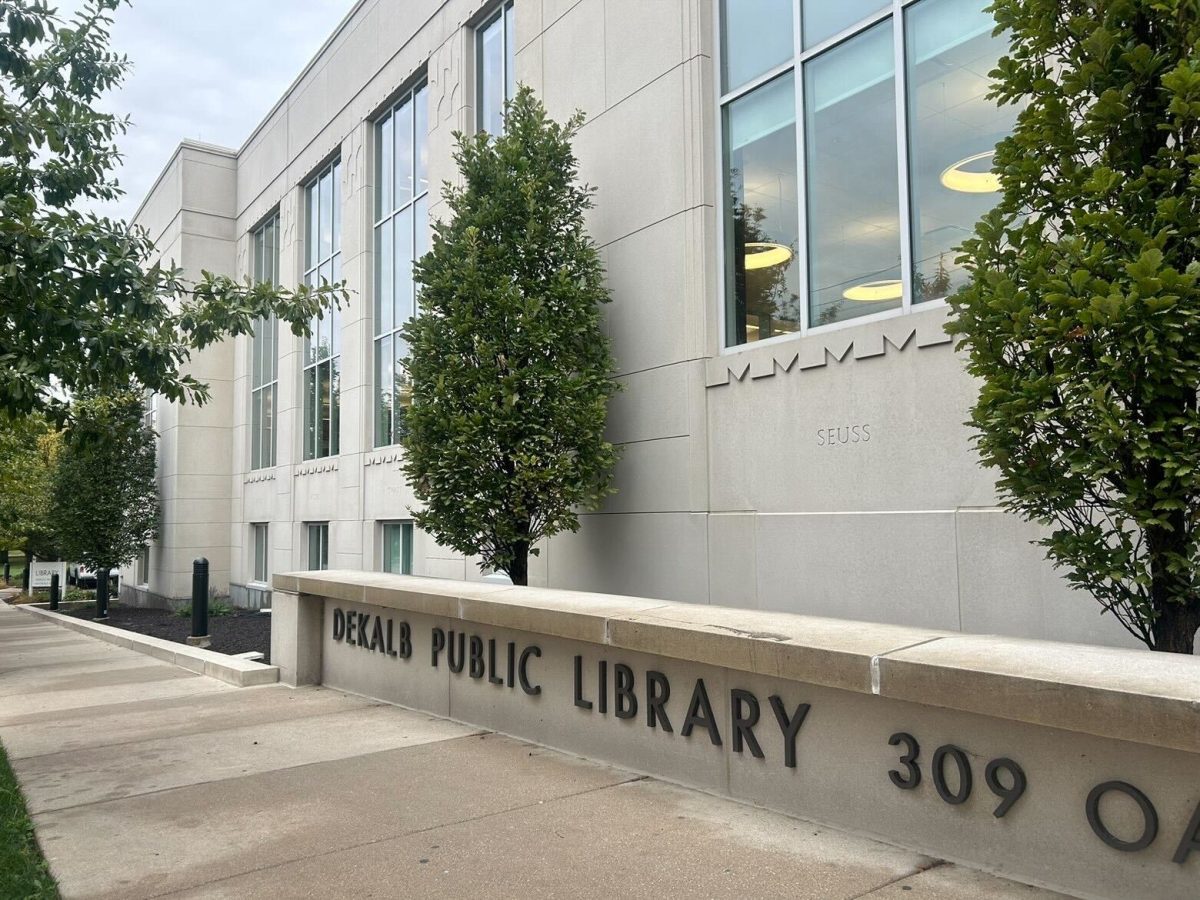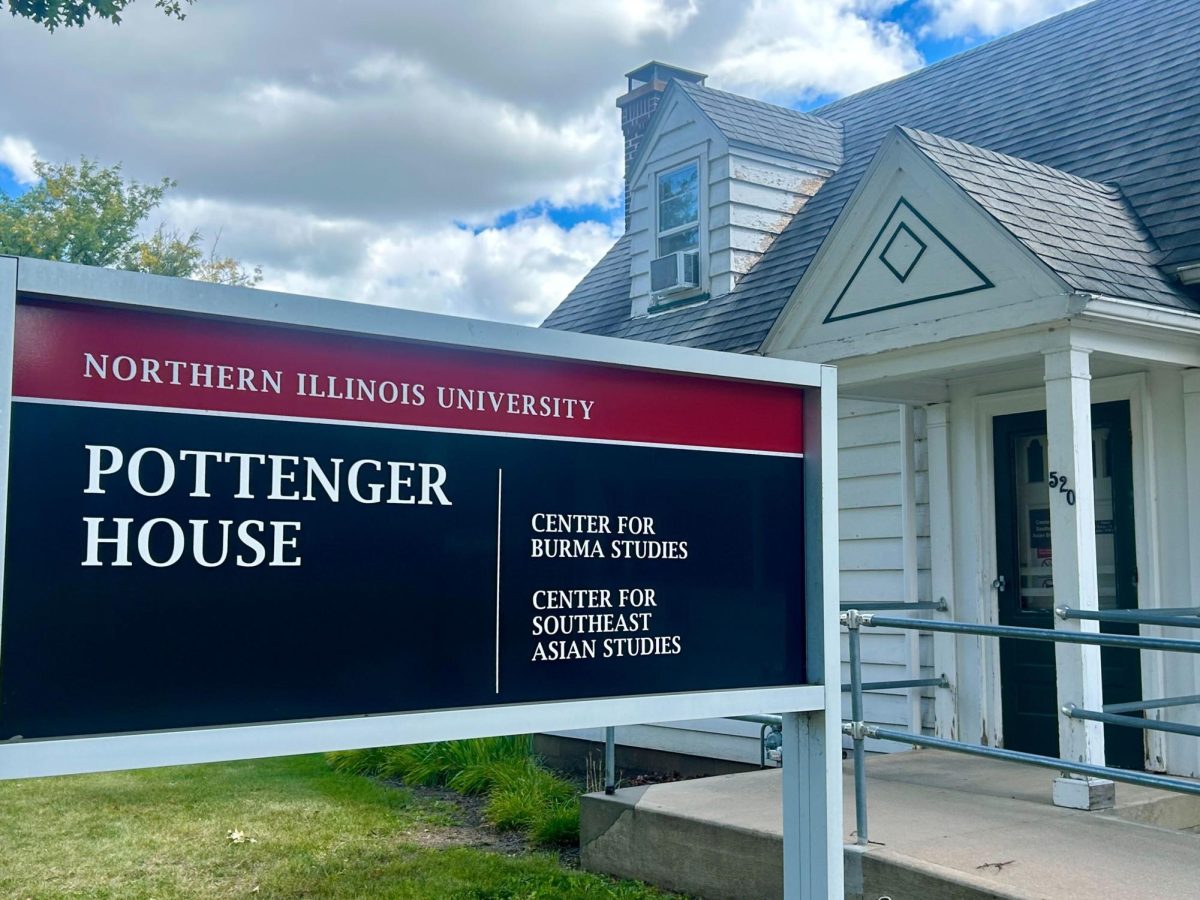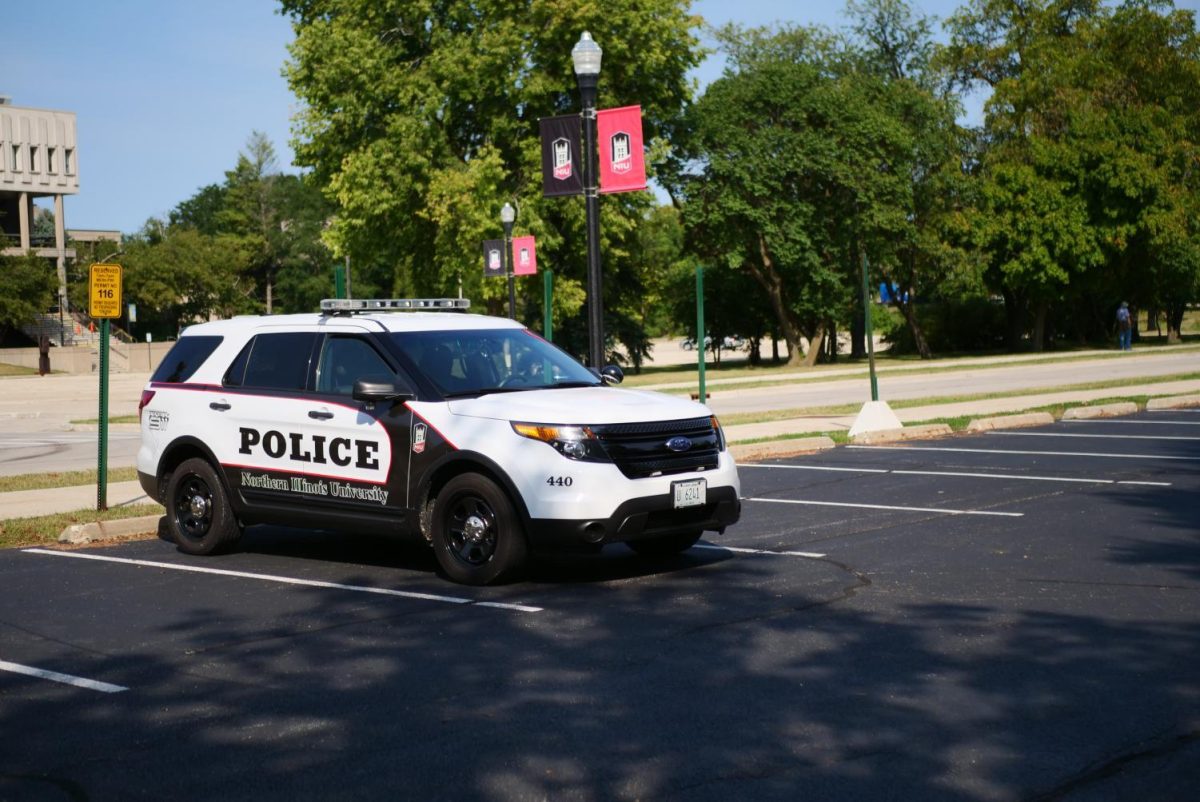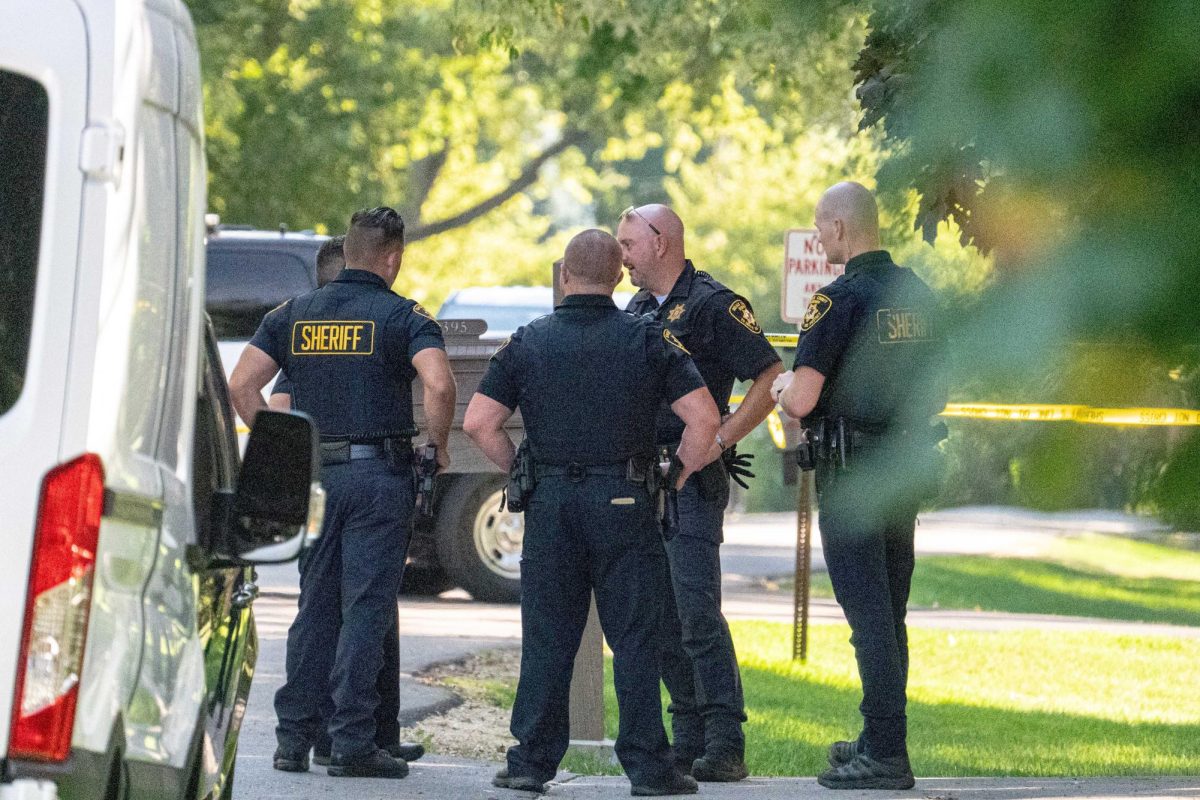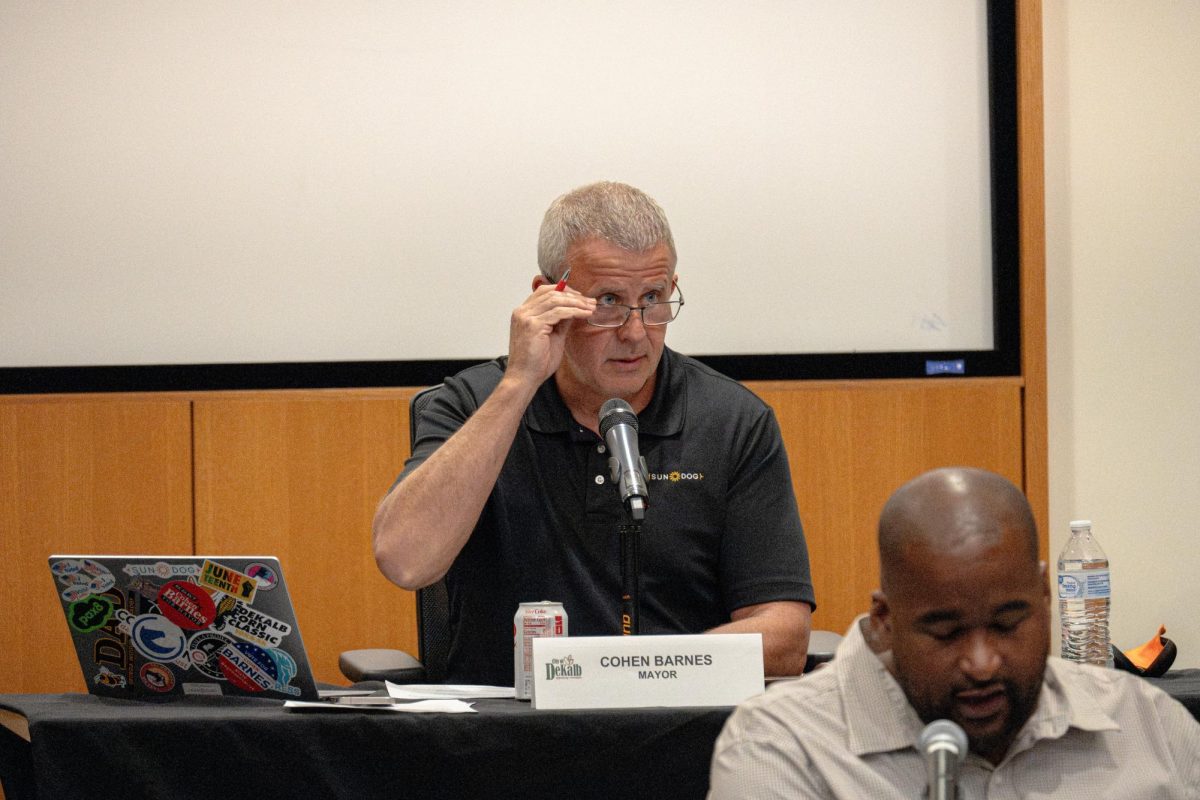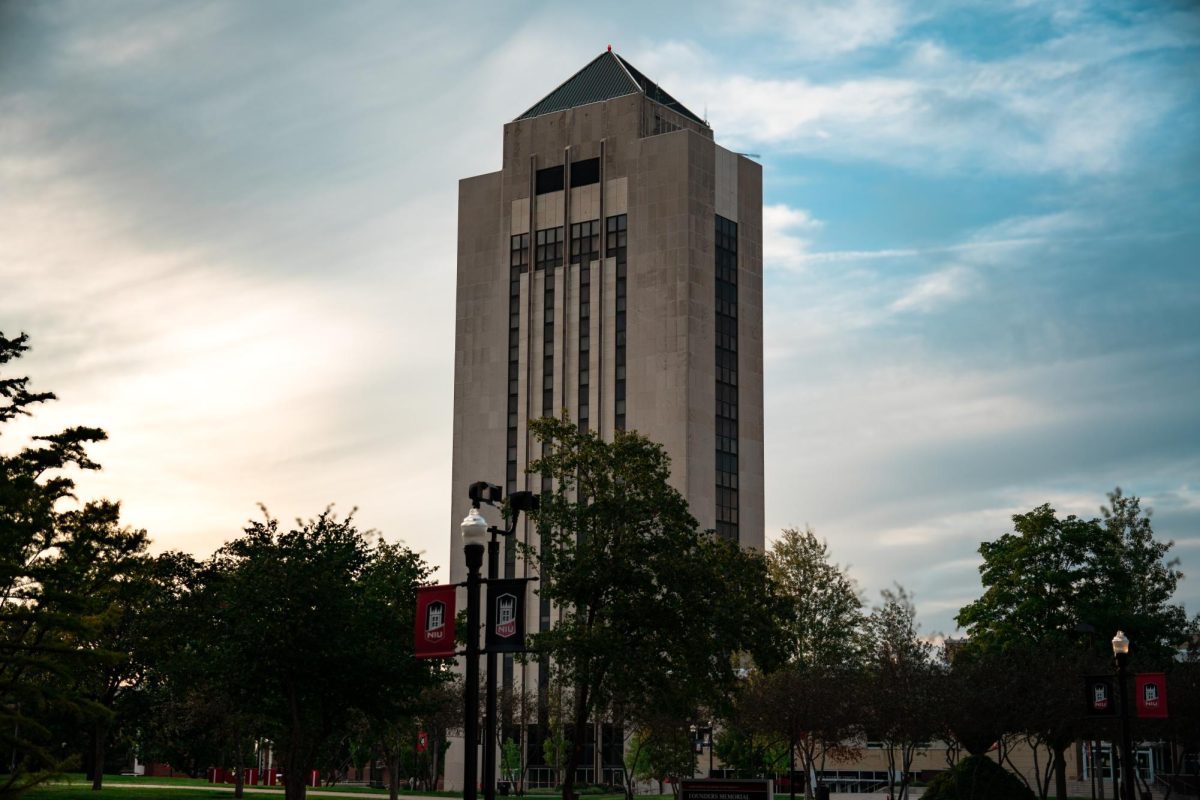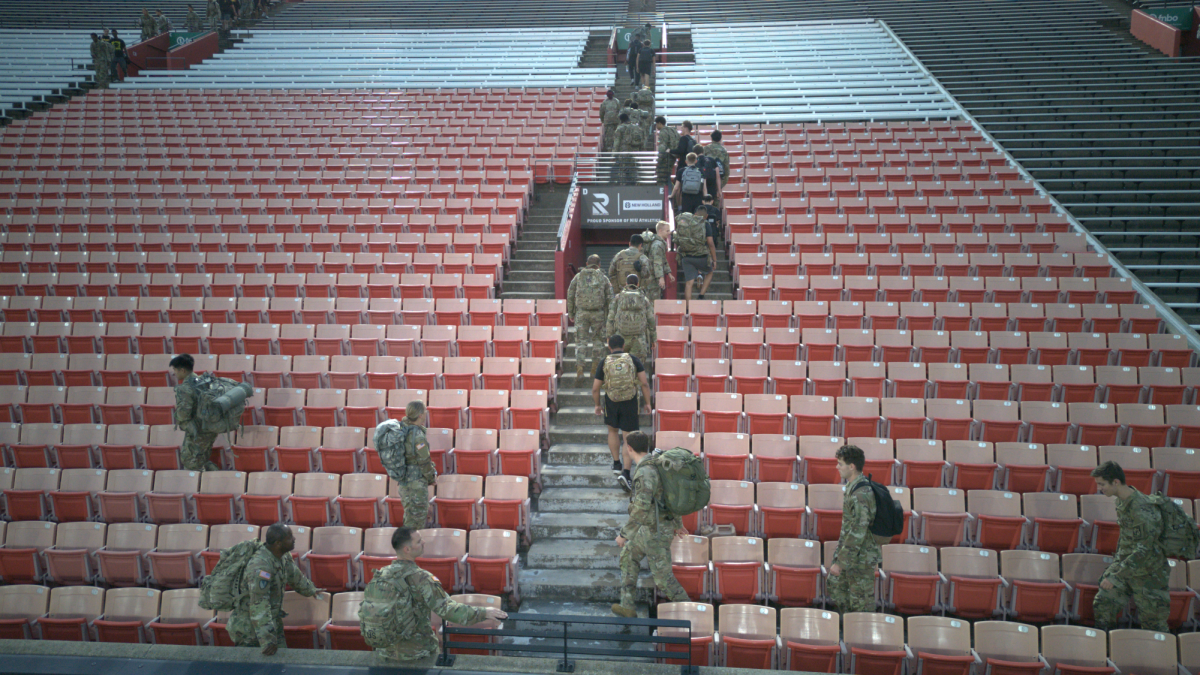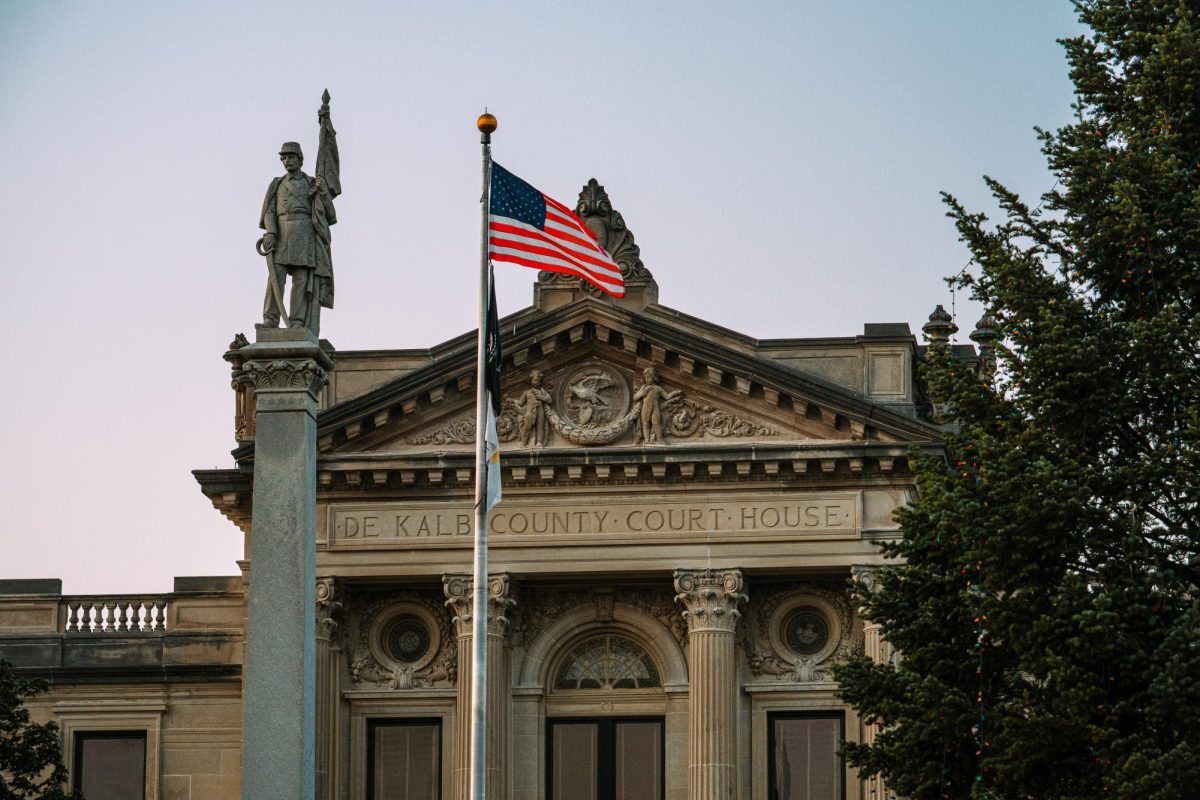DeKALB – With less than two weeks remaining until a highly anticipated election day, students gathered Wednesday in the Regency room of the Holmes Student Center for a panel discussion about the 2024 race, sponsored by NIU’s Department of Political Science.
Topics discussed included how to interpret polling data, the historical context of political violence in American history and what has changed about how people participate in political discussions.
According to April Clark, assistant chair and professor of political science, a lot of attention is given to who is ahead in the presidential polls, but due to how competitive the race is, the polls cannot predict a winner with certainty.
“The polls tell us it’s a tight race, but they can’t tell us who’s going to win,” said Clark, who worked at the Pew Research Center prior to her tenure at NIU.
The session was moderated by Ches Thurber, director of undergraduate studies and professor of political science. Panelists included Mitchell Pickerill, chair of the department of political science, and Stanley Arnold, associate professor of history.
Clark said in the electoral college, certain states have a higher likelihood of awarding votes to Democrats or Republicans based on the voting trends of their populations. For battleground states, the result is uncertain.
The battleground states are Arizona, Georgia, Michigan, Pennsylvania, Wisconsin, North Carolina and Nevada. These states can ‘swing’ or ‘break’ in either direction.
In 2020, President Joe Biden won in Arizona, Nevada, Wisconsin, Michigan, Pennsylvania and Georgia by less than three points. Former President Donald Trump won North Carolina by less than 3 points.
Speaking about how to interpret recent polling in battleground states, Clark said “On average, Harris is leading in four of those states. But she’s leading by such a small margin, plus or minus three percent, it’s either she’s leading, or she’s behind.”
The result of the election will largely depend on the turnout of each candidate’s key demographic in those states, she said.
According to data from the Washington Post, Harris leads in Nevada, Pennsylvania, Wisconsin and Michigan.
“We just don’t know how they’re going to break,” Clark said. “One thing I can tell you based on trends is that in previous elections, three of these states tend to follow each other. Wisconsin, Michigan and Pennsylvania tend to break the same way.”
The focus on accuracy of polls has increased since the 2016 election when many outlets were not able to predict Trump’s win.
Clark said polls during the 2016 election weren’t entirely inaccurate as they did predict the winner of the popular vote. She said two reasons for the inaccuracies in the poll results during that election resulted from the fact that Republican voters are less likely to participate in surveys, making them under-represented, and “Republican voters that did participate in surveys, for whatever reason, would not say they were going to vote for Trump.”
The absence of reliable turnout information that is only available after elections are over makes predicting a winner in competitive races like this one difficult, Clark said.
In response to a student question about the role of social media in modern political discourse, Arnold said the nature of online discussion is impersonal and contrasted it with how Americans have historically engaged in similar conversations.
“It’s important to remember that Americans have a tradition of town halls, school board meetings and similar activities where they engaged face-to-face, which is quite different than online,” Arnold said. “These debates on social media are very different from the kind of community based political interaction that we used to have.”
Arnold said there has always been political violence in American history. Examples he cited include the caning of Charles Sumner, attacks on newly emancipated enslaved people attempting to vote and protests against American involvement in the Vietnam war, which occurred on NIU’s campus.
According to Arnold, the upcoming election has a characteristic that is unique in America’s history: this is the first race after the violent attack on Jan. 6. 2021.
“One of the things we’ve not seen is the presidential candidate openly calling for it (political violence),” Arnold said. “Some have described this as stochastic terrorism.”
Looking beyond having contentious discussions, Pickerill said it is important to think about the community you want to live in. Additionally, he noted that the NIU community, among similar communities, has more in common than topics discussed on a national stage which frame issues as one party against the other would indicate.
“You have much more common ground on what the heck we’re doing here at NIU, how things are functioning, what kind of education you’re getting,” he said. “Sometimes you can fall into this trap, it’s that ‘us against them’ mentality.”
For Pickerill, understanding voters who support opposing candidates is important this election cycle.
“I think what’s far more important in talking about politics is not listening to the debate between the candidates, it’s trying to understand why people are supporting the person they are,” Pickerill said. “Listen to others, especially if they’re talking about ideas and not just accusing people of things.”


